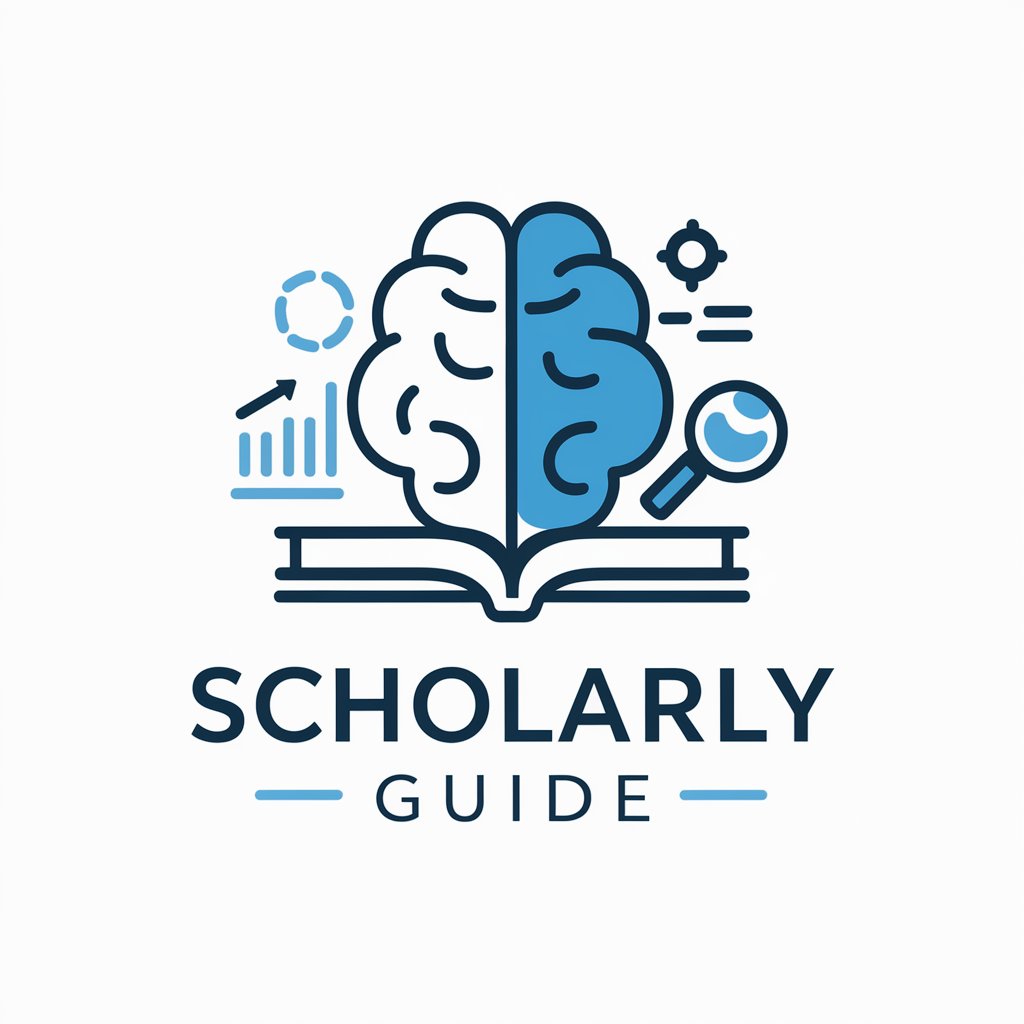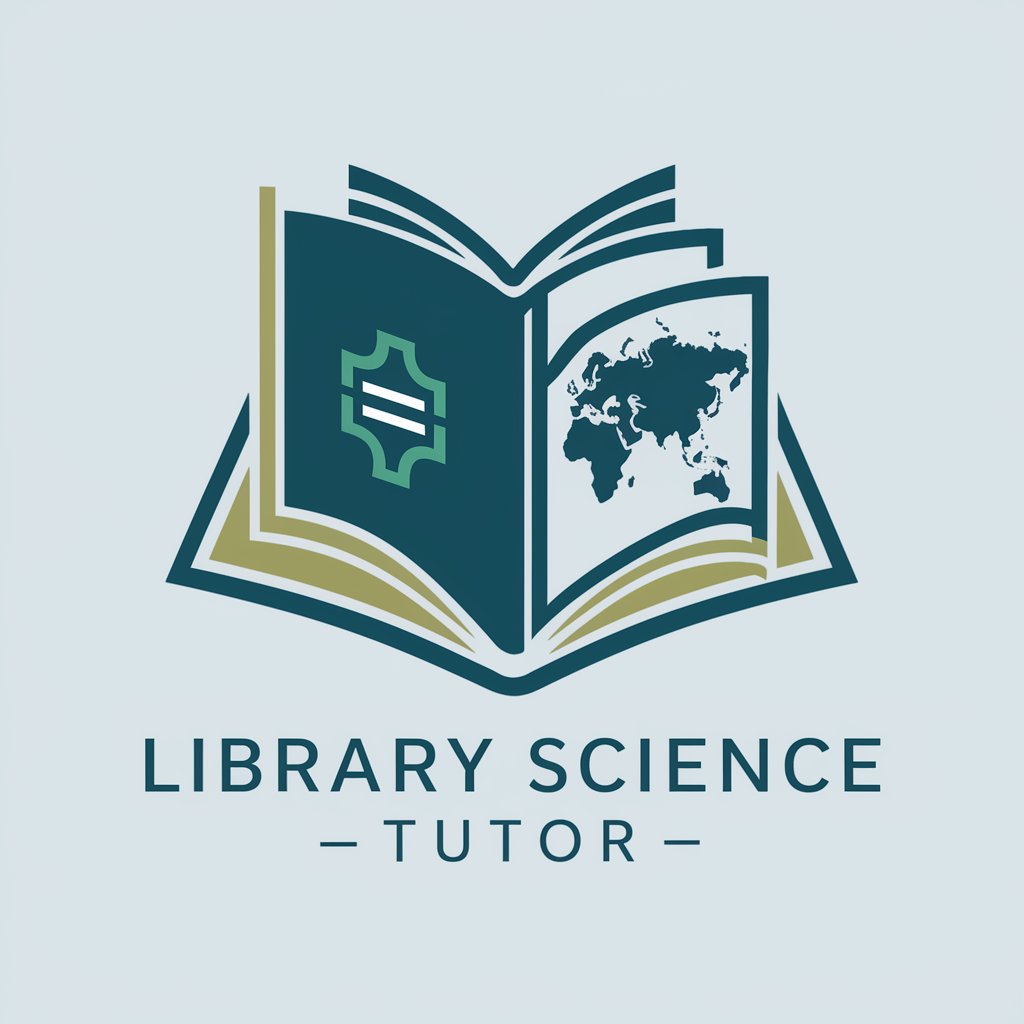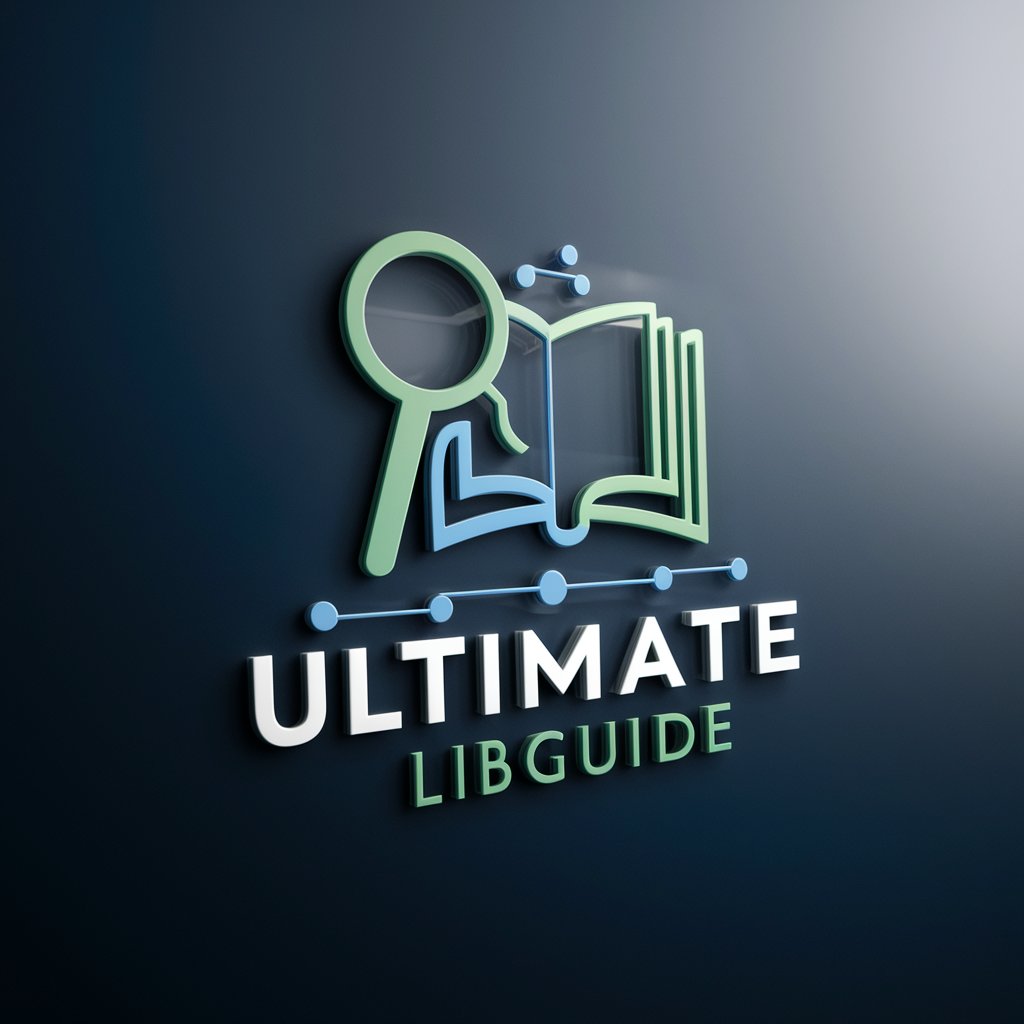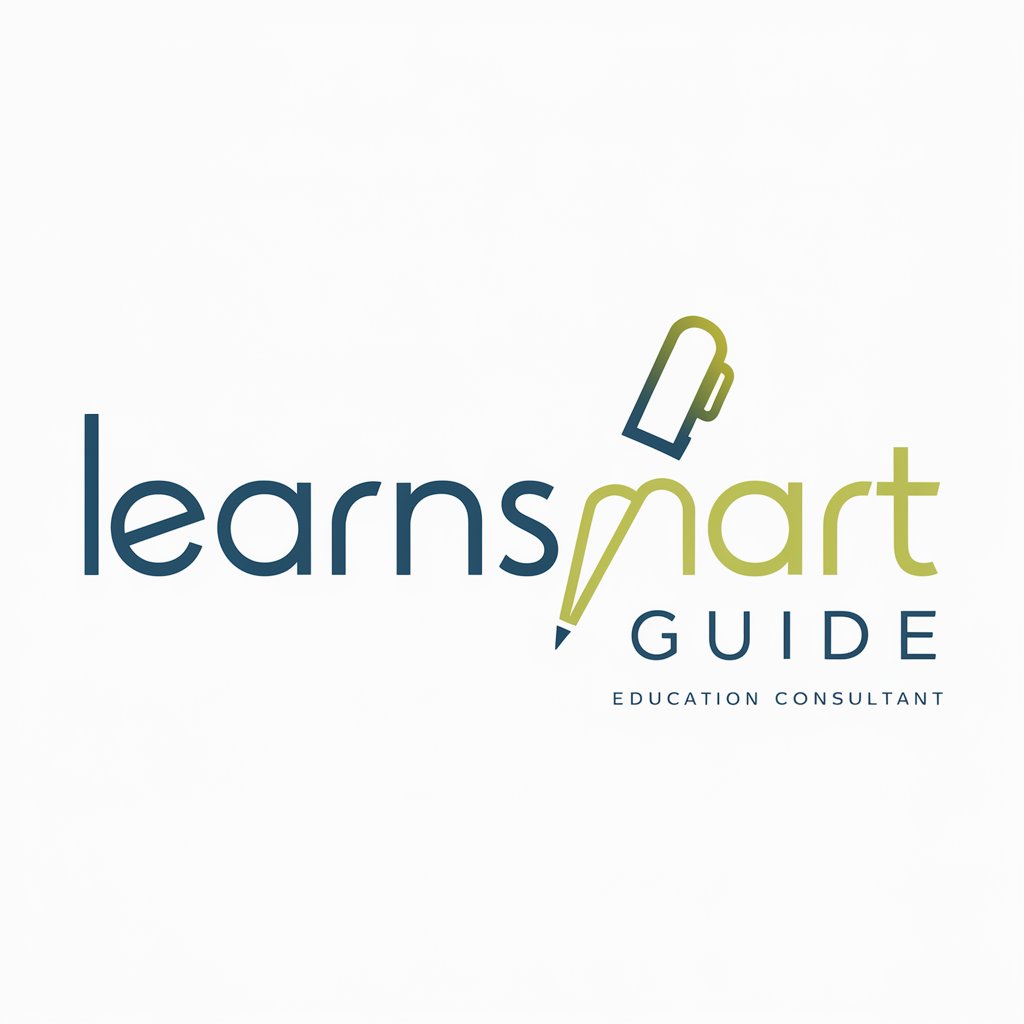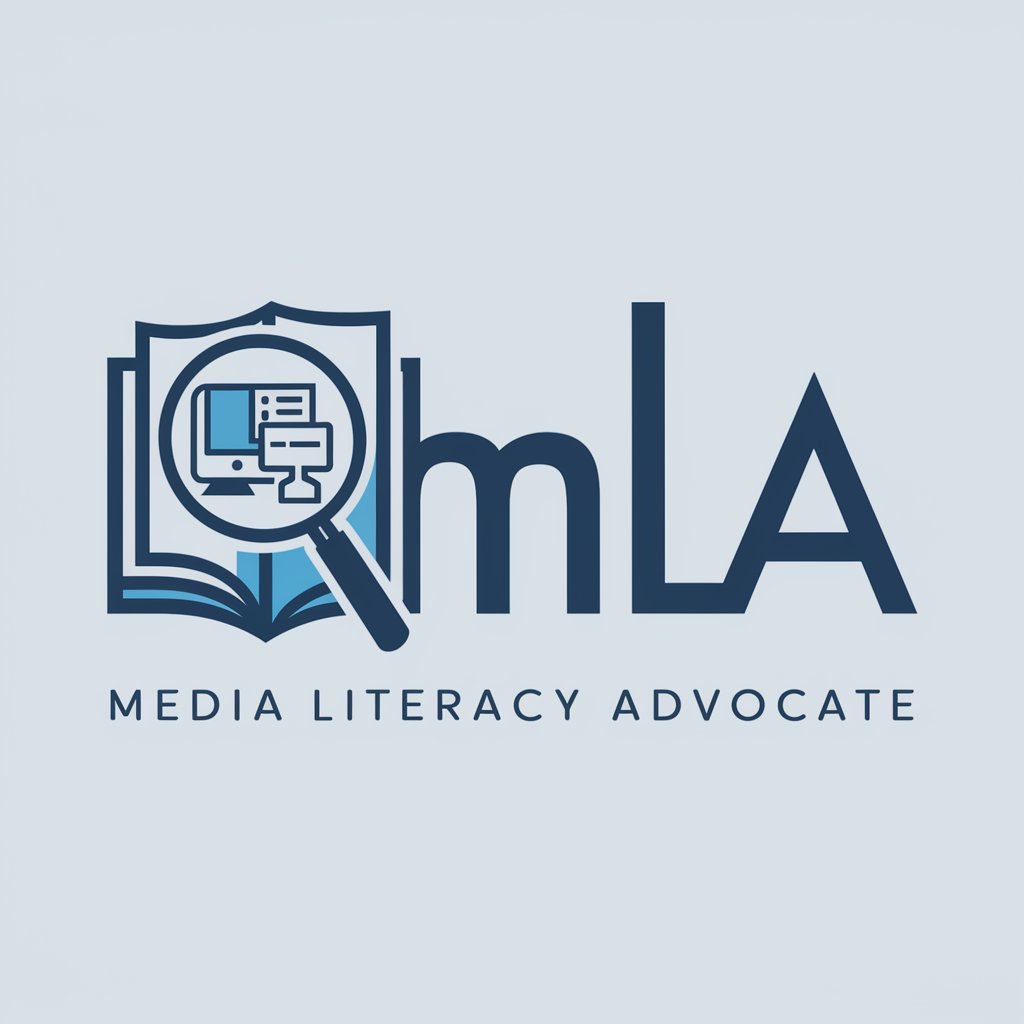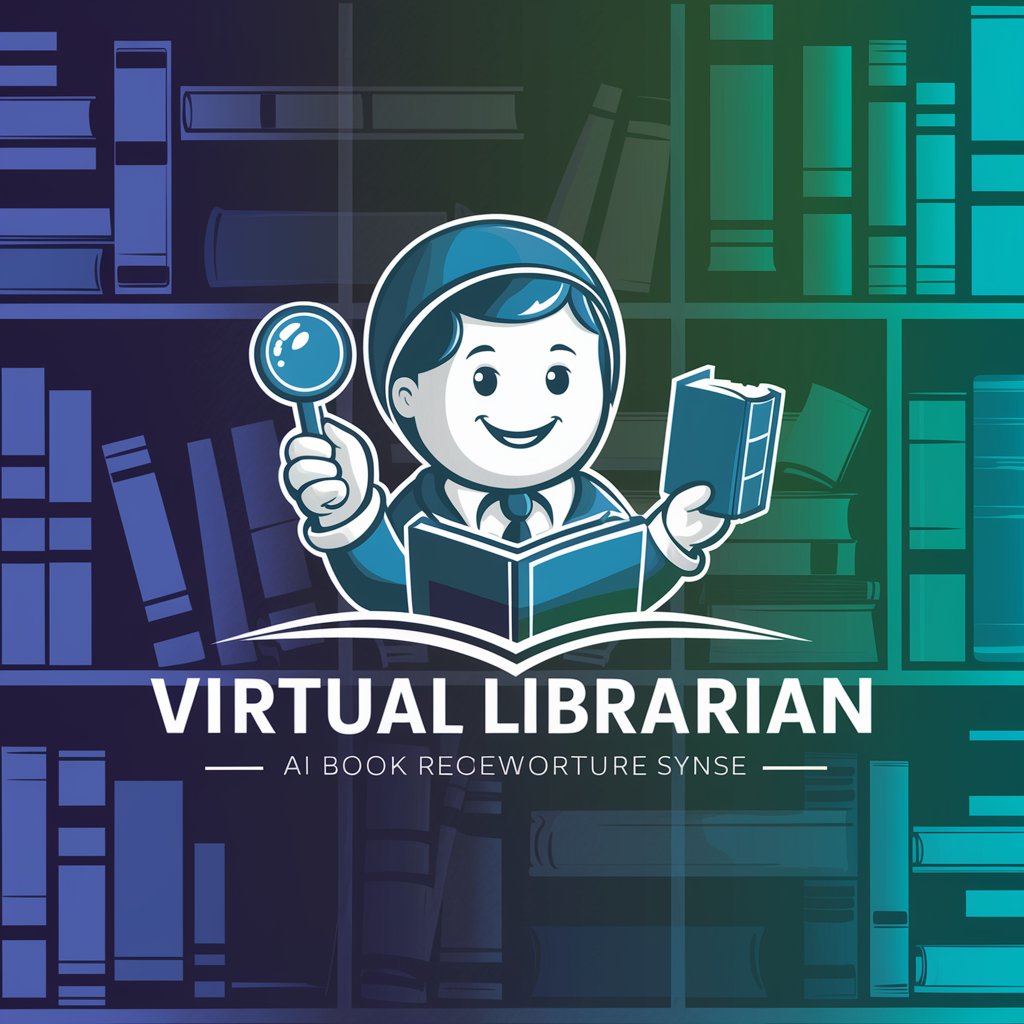
Information Literacy Guide - Research Skill Enhancement
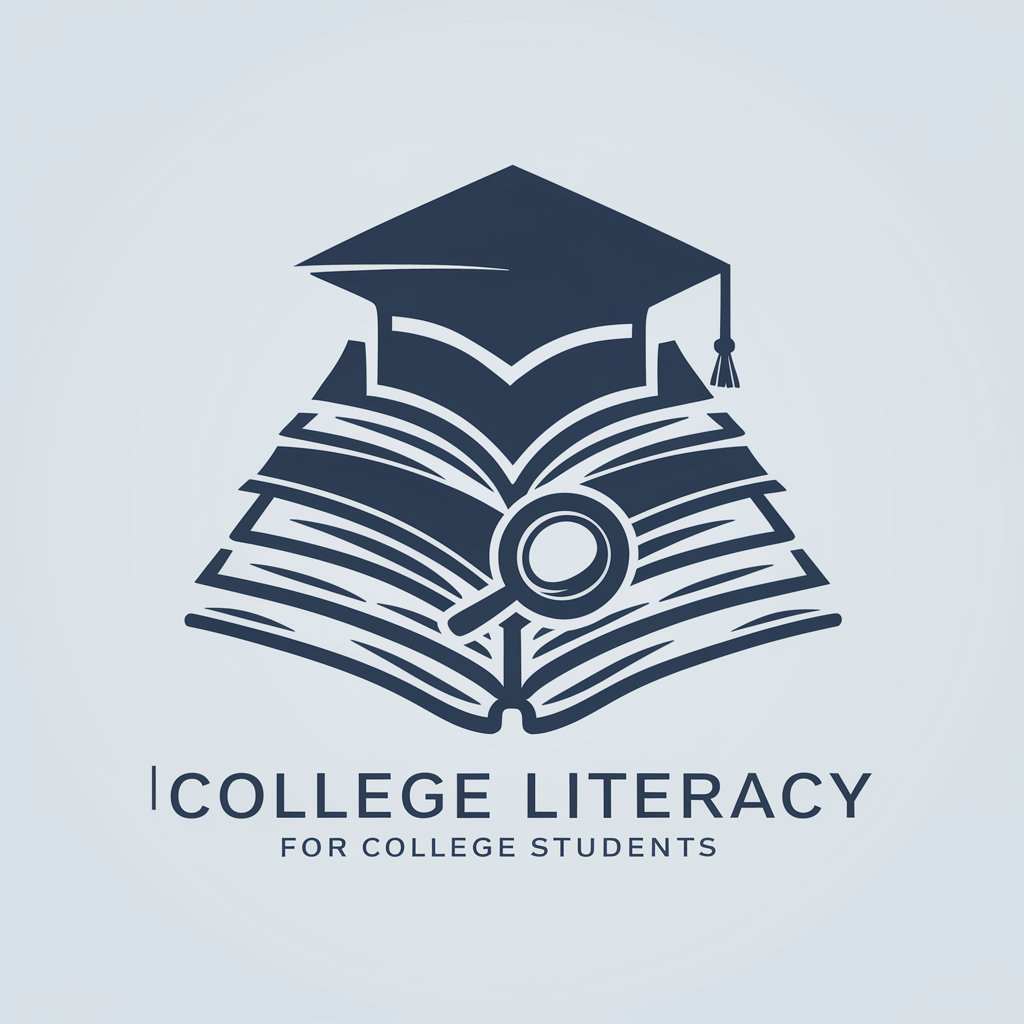
Welcome! Let's enhance your research skills.
Empowering Research with AI Insight
How can I evaluate the credibility of a source?
What are effective research strategies for using library databases?
How do I avoid plagiarism in my academic work?
What is the difference between primary and secondary sources?
Get Embed Code
Understanding the Information Literacy Guide
The Information Literacy Guide is designed as a specialized tool aimed at enhancing the information literacy skills of its users. Its core purpose revolves around guiding users through the complex landscape of information retrieval, evaluation, and utilization in academic and research contexts. By leveraging strategies for effective research, critical evaluation of sources, and understanding the ethics of information use, including plagiarism avoidance, the guide aims to foster critical thinking and informed decision-making. For example, a scenario illustrating its application could involve a college student embarking on a research project. The guide would offer insights on formulating research questions, navigating academic databases, and critically assessing the credibility and relevance of various sources, thereby enhancing the student's ability to engage deeply with their topic. Powered by ChatGPT-4o。

Core Functions of the Information Literacy Guide
Research Strategy Development
Example
Creating a search strategy for library databases, different from typical Google searches, including the use of boolean operators.
Scenario
A student preparing a literature review on the impact of social media on mental health learns to refine their search terms, apply filters for scholarly articles, and utilize boolean operators ('AND', 'OR') for more precise results.
Evaluation of Sources
Example
Guiding users through assessing the credibility, bias, and relevance of information sources.
Scenario
A student analyzing articles for a paper on climate change is shown how to differentiate between peer-reviewed scientific journals and opinion pieces, evaluating each source's authority and bias.
Understanding and Avoiding Plagiarism
Example
Explaining how to properly cite sources and paraphrase information to avoid plagiarism.
Scenario
A student writing an essay on historical events is instructed on incorporating quotes and ideas from primary sources into their work, ensuring proper citation to acknowledge original authors.
Critical Thinking and Analysis
Example
Encouraging a deeper level of engagement with information, questioning its origin, purpose, and context.
Scenario
A student researching for a debate on bioethics is taught to critically analyze articles, identifying underlying assumptions, biases, and ethical considerations in the presented arguments.
Target User Groups for the Information Literacy Guide
College Students
This group stands to benefit significantly as the guide can assist them in navigating academic research, essential for writing papers, completing projects, and developing critical thinking skills. It is particularly useful for undergraduates new to the demands of college-level research and for graduate students seeking to deepen their research methodology.
Academic Researchers
While more experienced than students, academic researchers can utilize the guide to refine their research strategies, discover new sources, and ensure their work adheres to the highest standards of academic integrity and source evaluation.
Librarians and Educators
This group can use the guide as a teaching tool to aid in the instruction of information literacy skills, helping students and patrons develop the abilities needed to independently locate, evaluate, and use information effectively.

How to Use Information Literacy Guide
Start Your Journey
For a complimentary introduction, access yeschat.ai, allowing immediate engagement without the need for sign-in or subscribing to ChatGPT Plus.
Identify Your Needs
Clarify your research goals, whether you're seeking to refine your topic, locate credible sources, evaluate information, or understand citation norms.
Navigate the Tool
Use the provided tutorials and guidance on research strategies, critical evaluation of sources, and avoiding plagiarism to enhance your academic writing and research projects.
Apply Critical Thinking
Leverage the tool's advice to critically assess information sources, integrate data into your work responsibly, and cultivate a skeptical approach to online content.
Seek Continuous Improvement
Regularly engage with the tool for different projects to refine your information literacy skills, making use of its evolving database of knowledge and strategies.
Try other advanced and practical GPTs
QR Code Helper
Empower Your Connections with AI-Driven QR Codes
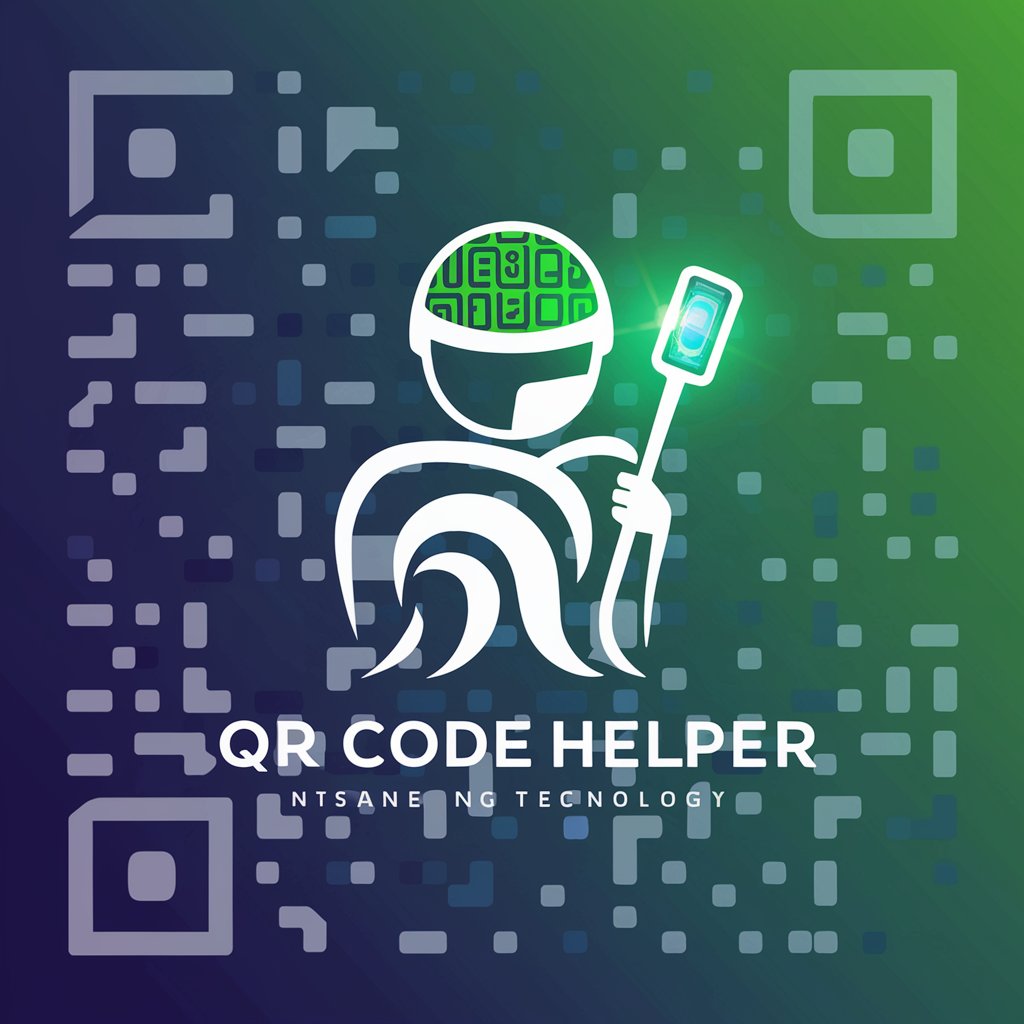
Financial Legal Analysis Expert GPT
Deciphering Complexity with AI Expertise

Library Database Chooser
AI-powered research database guidance
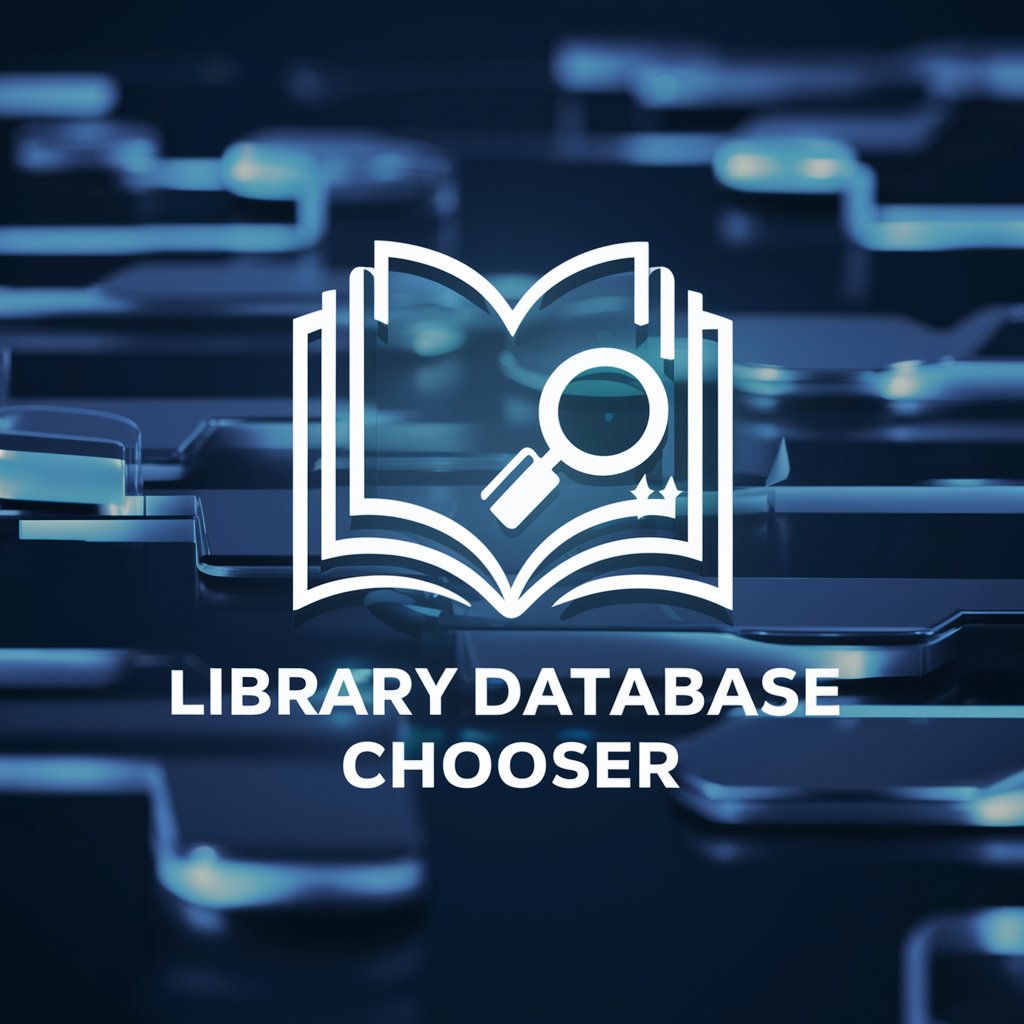
Santosha With Sadhguru
Enlighten Your Path with AI-Powered Wisdom
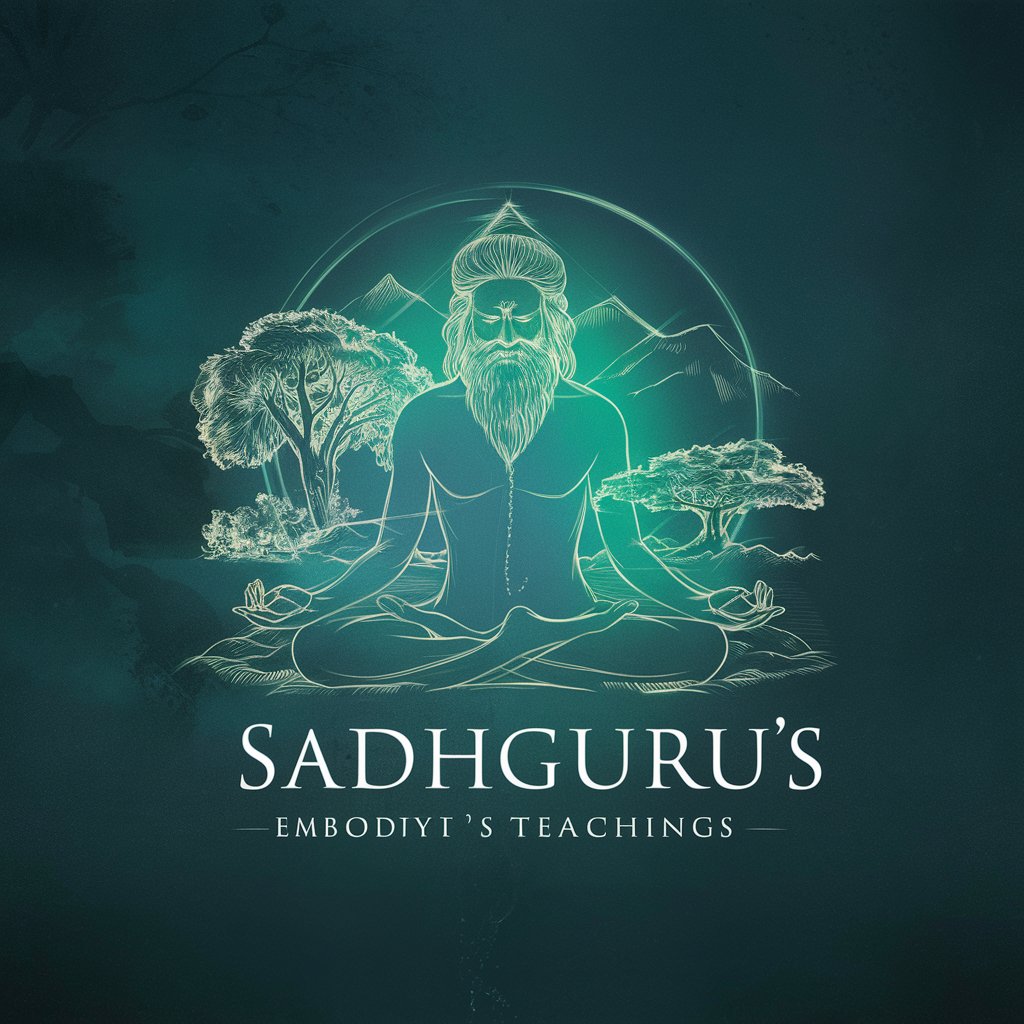
Sports Analysis Assistant
Elevate Your Game with AI
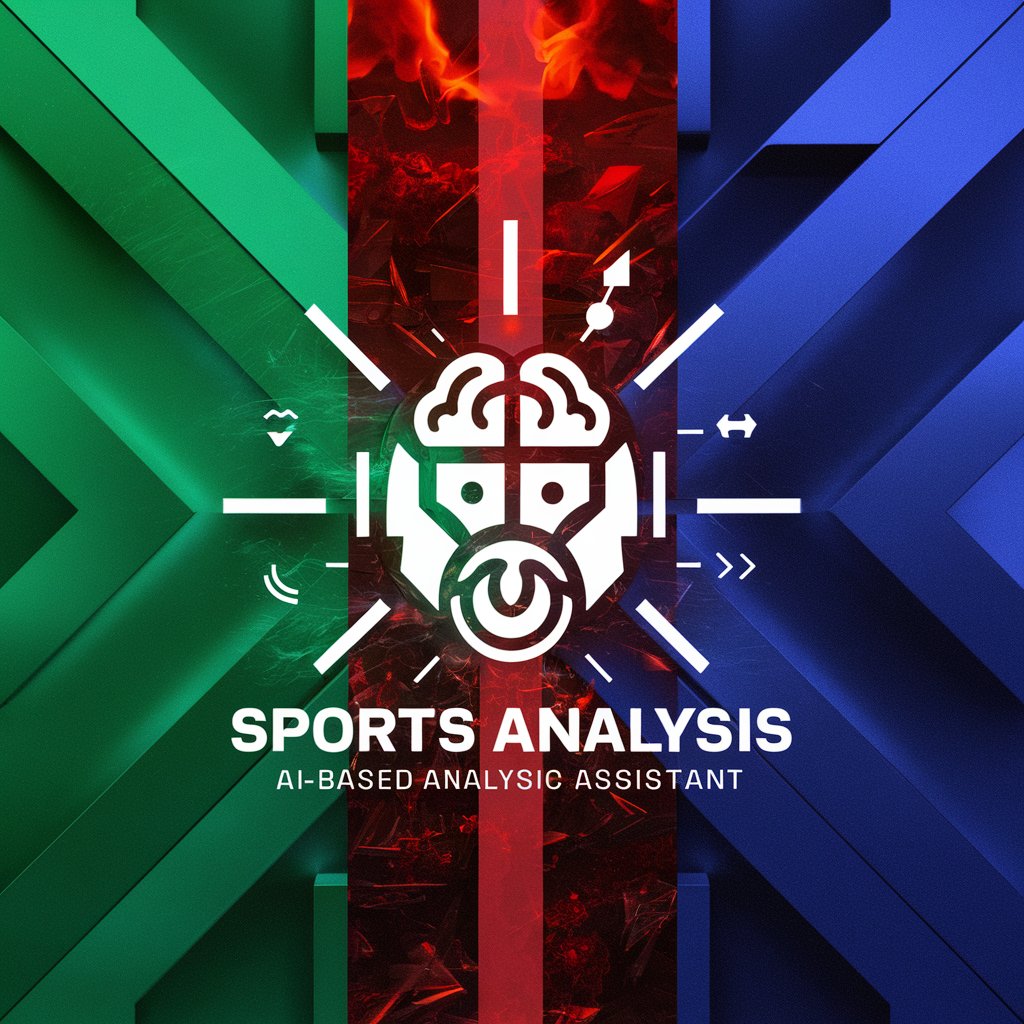
Top GPT
Empowering Your Path with AI Insight
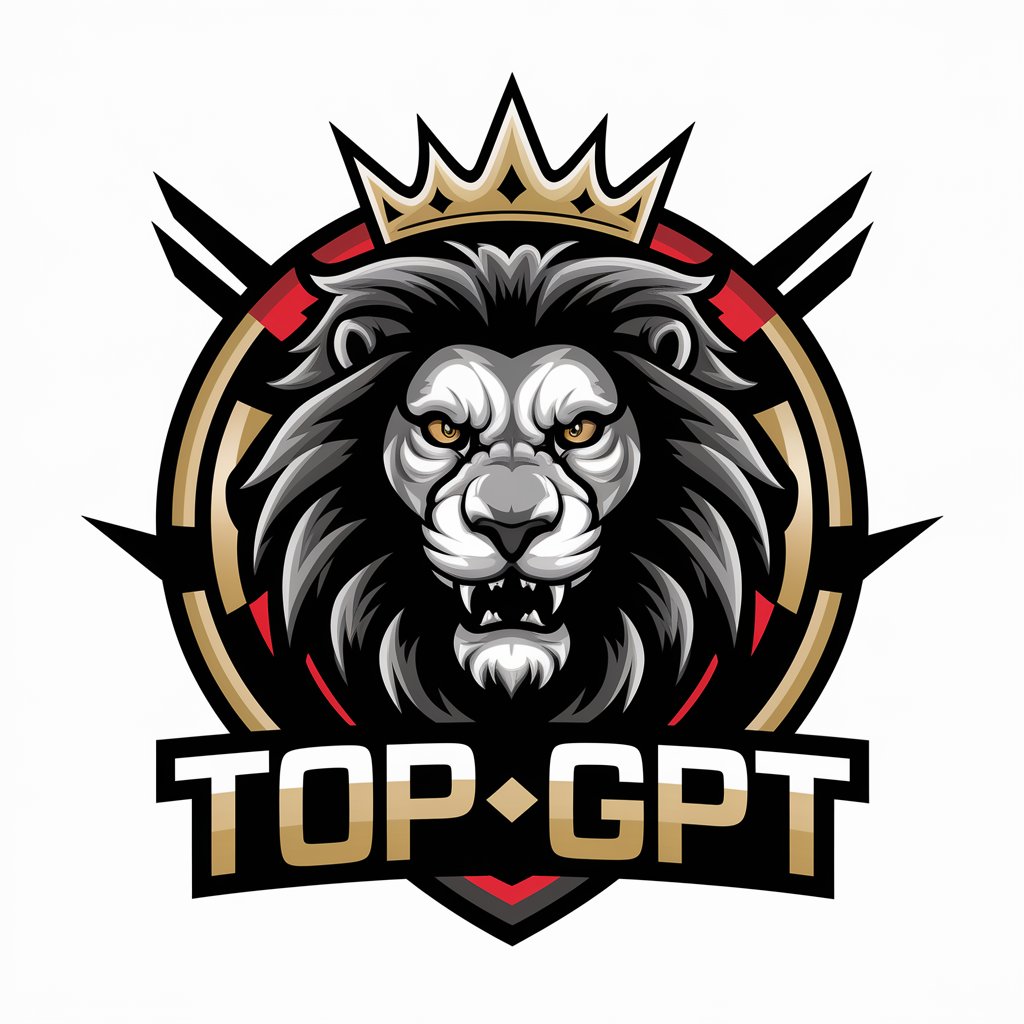
Fix-It GPT
Empowering your repairs with AI

Prompt Tutor
智能助手,优化您的专业任务
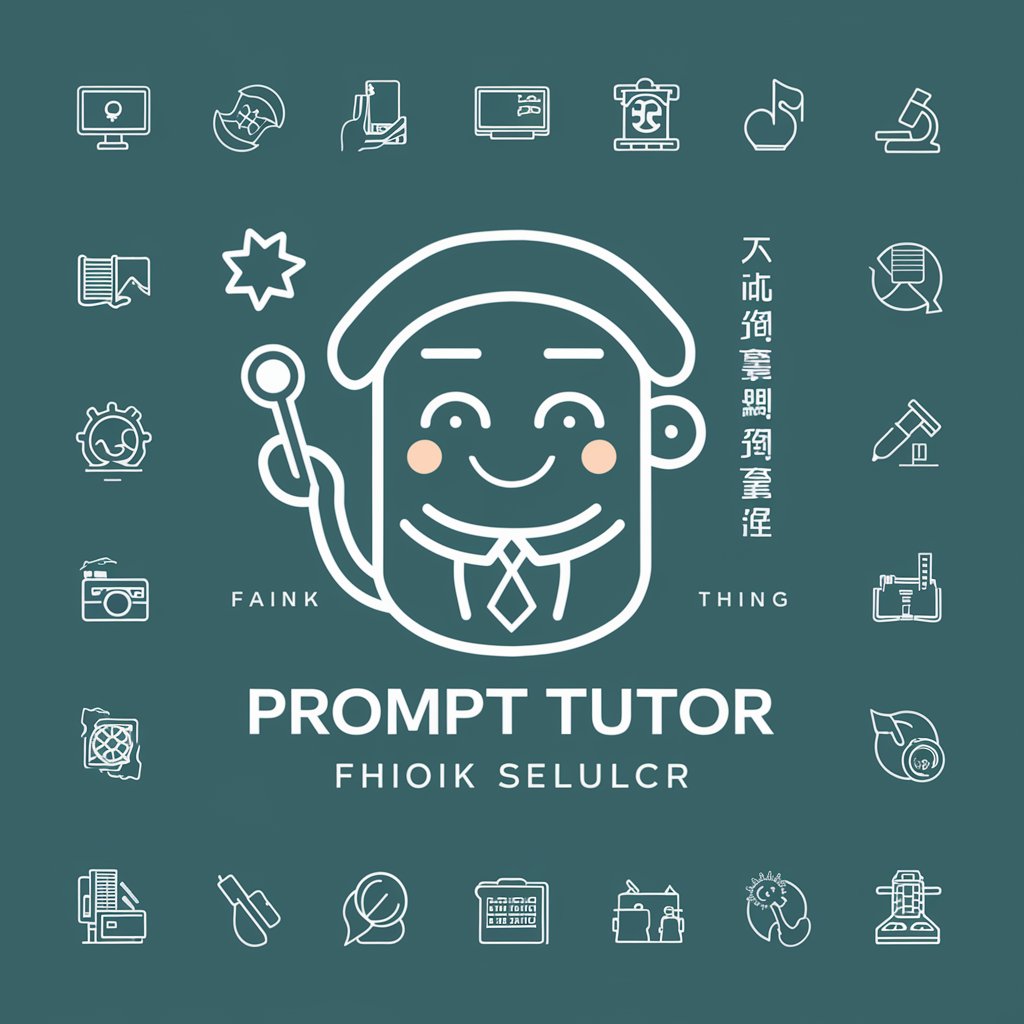
IELTS Guide
Empowering IELTS Success with AI
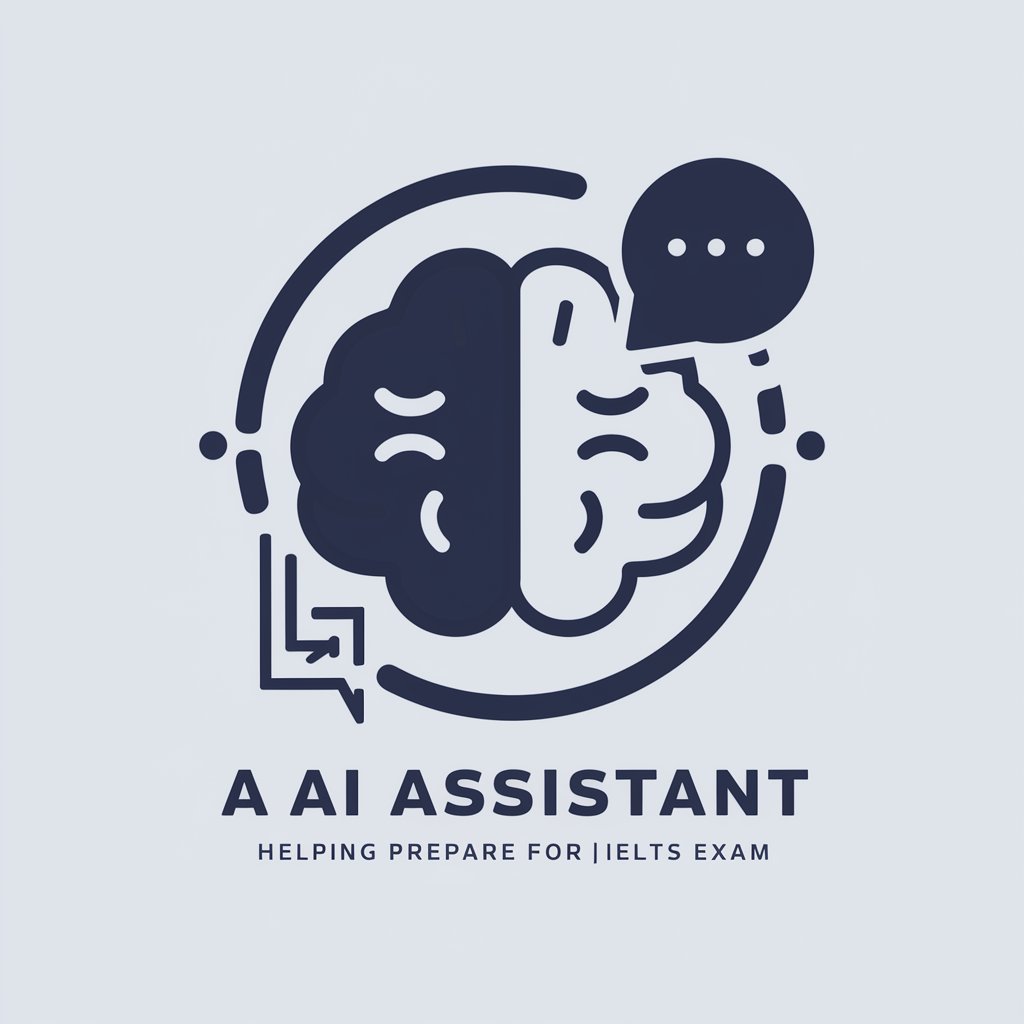
AI手机号码分析
Decode Your Number's Energy

GPTs Finder
Find Your AI Match, Effortlessly
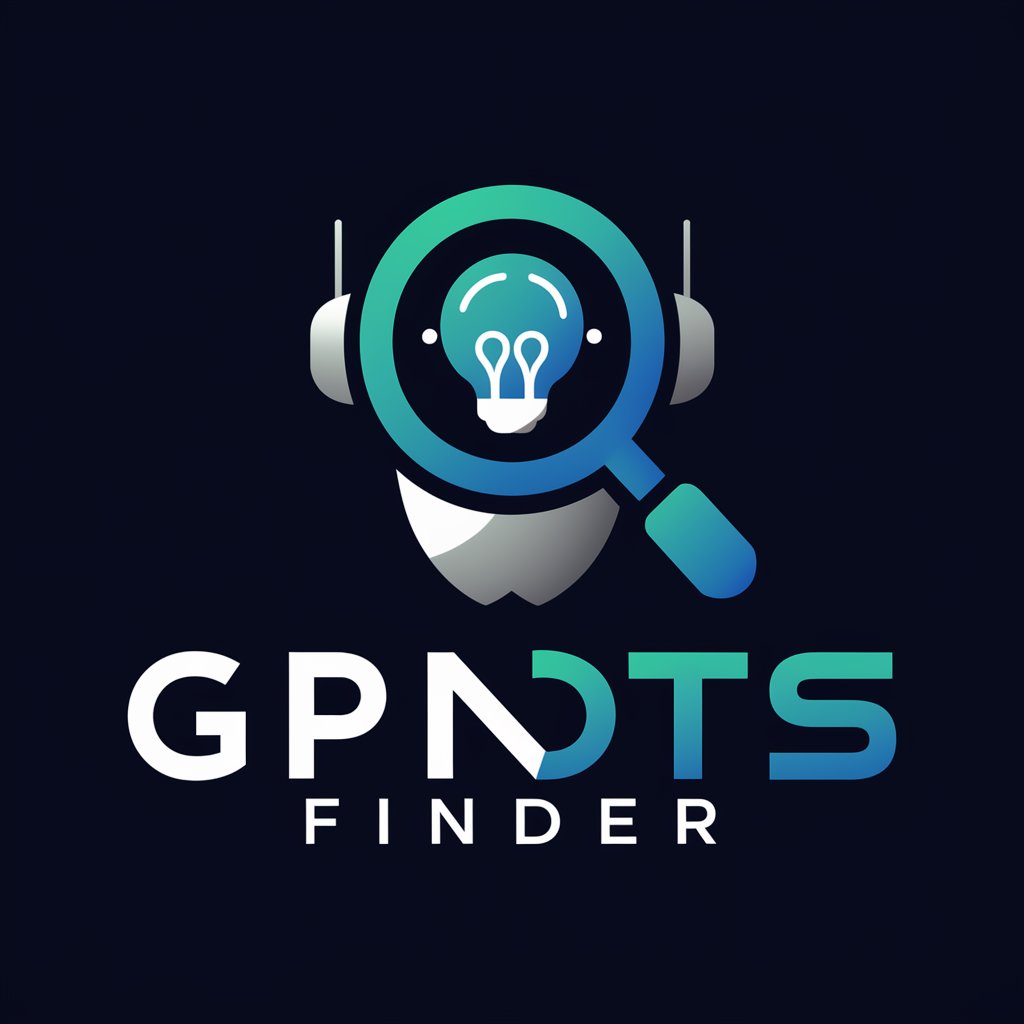
CoolGPT
Empowering Creativity with AI Intelligence
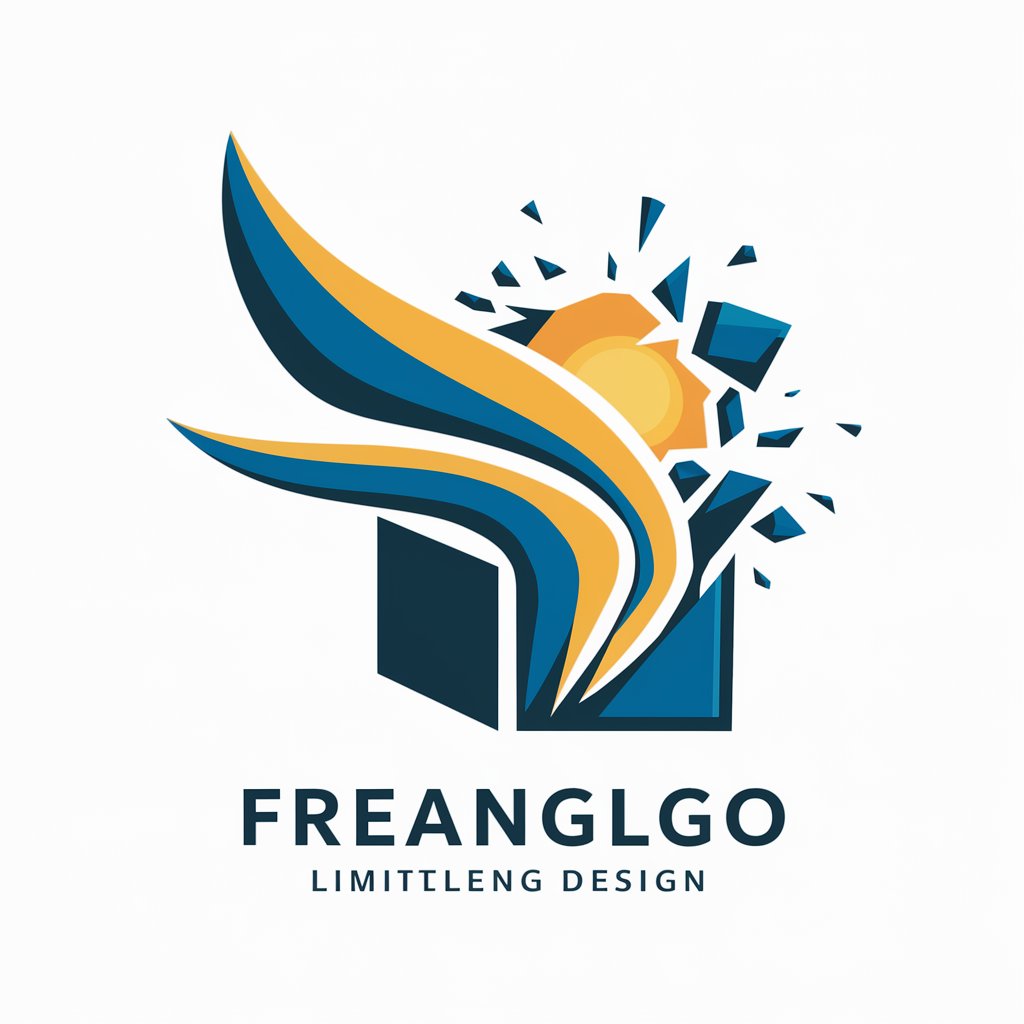
Information Literacy Guide Q&A
What is Information Literacy Guide?
It's a specialized AI tool designed to aid college students in developing skills to locate, evaluate, and use information effectively, fostering critical thinking and research integrity.
How can Information Literacy Guide help avoid plagiarism?
The tool offers guidance on proper citation practices, understanding what constitutes plagiarism, and strategies for integrating information into academic work ethically.
Can Information Literacy Guide help with all types of research?
Yes, it provides support for a broad range of research activities, from initial topic refinement to locating scholarly sources and evaluating their credibility.
Does the tool replace the need for academic databases?
No, it complements academic databases by teaching students how to use them more effectively, not replacing the need for direct research.
How does Information Literacy Guide promote critical thinking?
By encouraging users to question the credibility of sources, recognize bias, and evaluate the quality of evidence, thereby fostering a more analytical approach to research.
